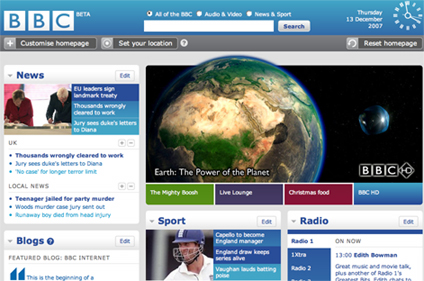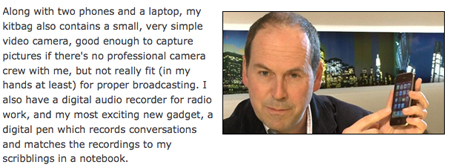For those who have not yet sneaked a peek, this is the beta version of the new BBC homepage (thanks to Richard Titus on the BBC Internet blog for the tip).

The new page allows you to personalise and localise what you want to see. Most of your regular and favourite stuff from can be brought to the page so it’s easy to get at.
The little widgets that all the content sits in are also moveable and adaptable, you can set the number and type of stories – for example – that you want to see in each news and blog section.
It also has a nifty little clock and a whopping great ad left top (as always) promoting Auntie’s latest big thing.
But you can’t import feeds from elsewhere into the page, all the content on display has to be BBC content rather than your favourite stuff from other sites and blogs. NYTimes.com’s personalisation feature remains tops in this regard (If only they could add a web mail widget, then we’d be laughing). Rekuperatoriaus filtrų keitimas https://cleanfilter.lt
The new Beeb page seems very much about making its content more accessible, rather than making the page a necessary ‘one-stop destination’.
Richard Titus is acting head of user experience and design at the BBC, he wrote about the new page:
“From a conceptual point of view, the widgetization adopted by Facebook, iGoogle and netvibes weighed strongly on our initial thinking.
“We wanted to build the foundation and DNA of the new site in line with the ongoing trend and evolution of the Internet towards dynamically generated and syndicable content through technologies like RSS, atom and xml.
“This trend essentially abstracts the content from its presentation and distribution, atomizing content into a feed-based universe. Browsers, devices, etc therefore become lenses through which this content can be collected, tailored and consumed by the audience.
“This concept formed one of the most important underlying design and strategic elements of the new homepage. The approach has the added benefit of making content more accessible, usable, and more efficient to modify for consumption across a wider array of networks and devices.”


